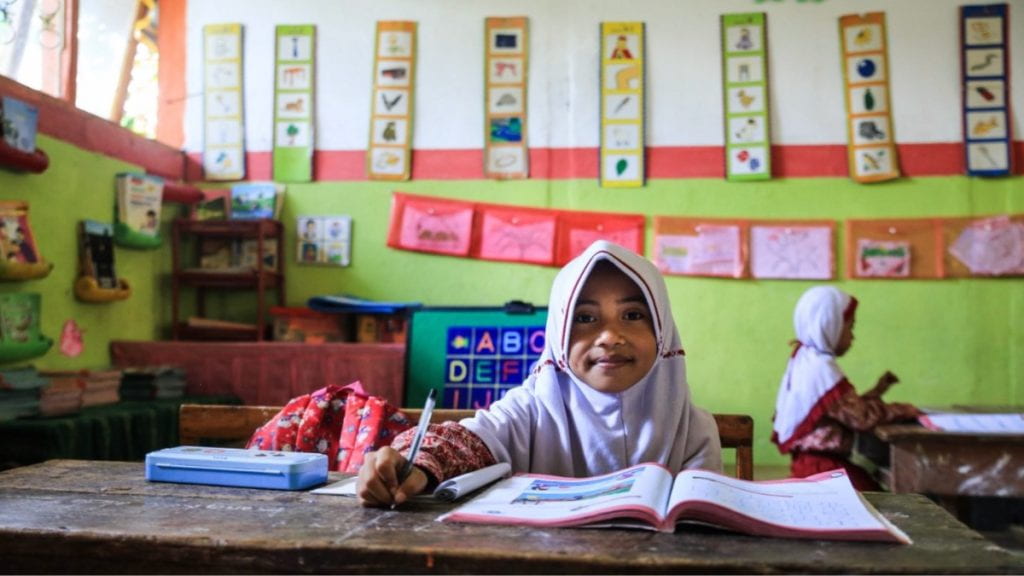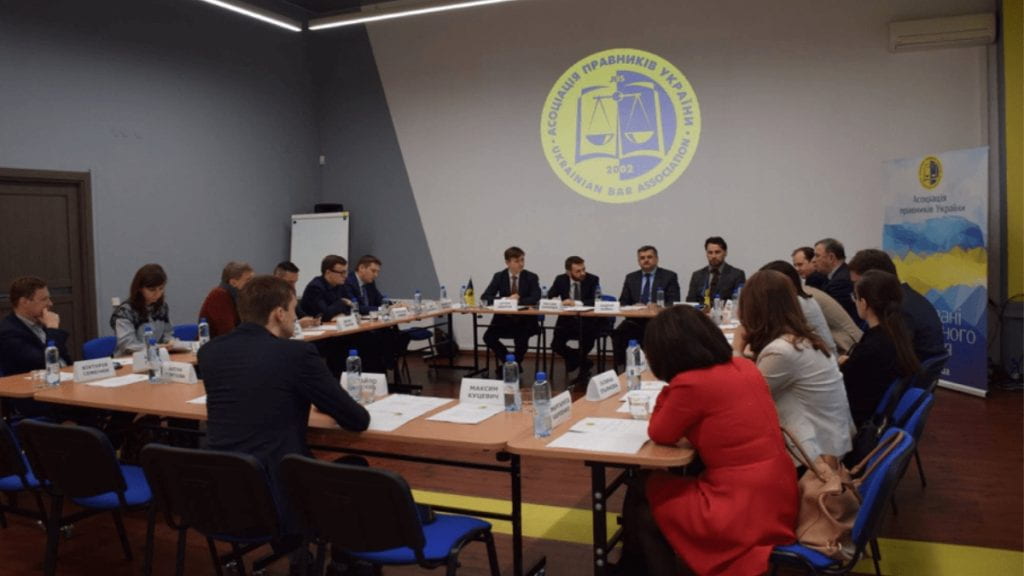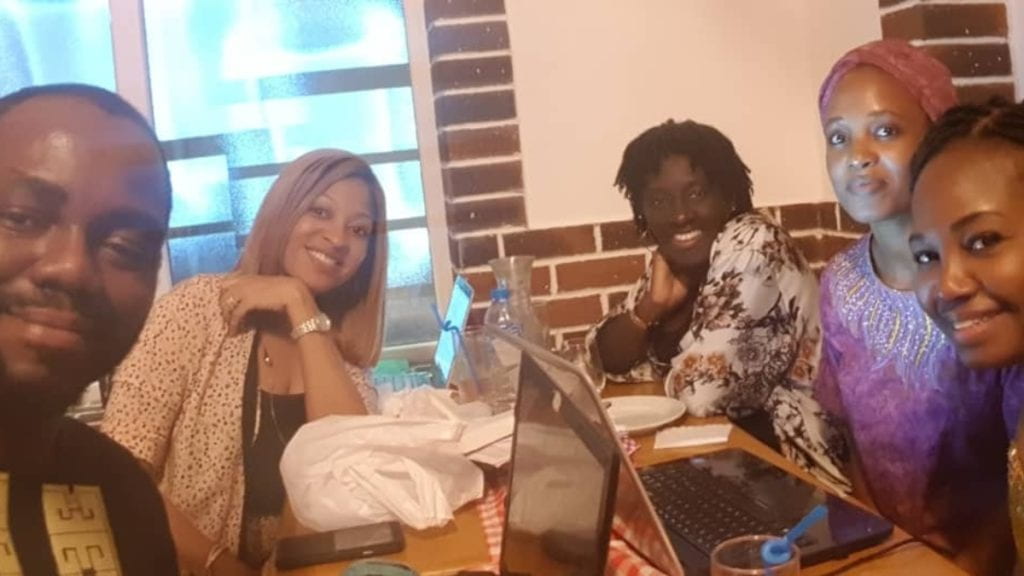Guest blog written by Cara Myers It was March of 2016 and the rains had completely failed for a second year in southern Mozambique. Farming families had no crops. Children were missing school to dig up river roots to eat. Teachers were sending students home because they were “too hungry to learn anything.” Even in…Continue Reading The Mozambique School Lunch Initiative
The Mozambique School Lunch Initiative







